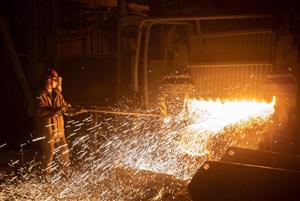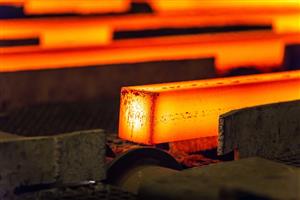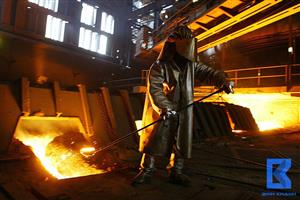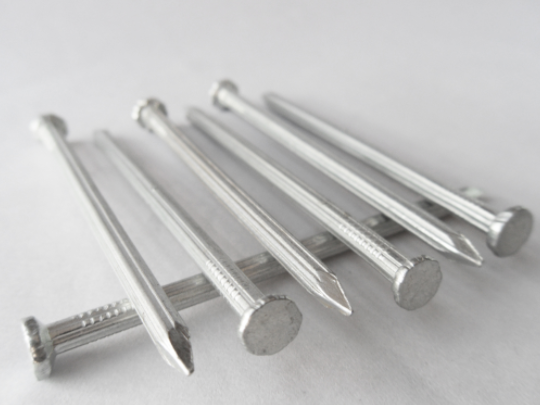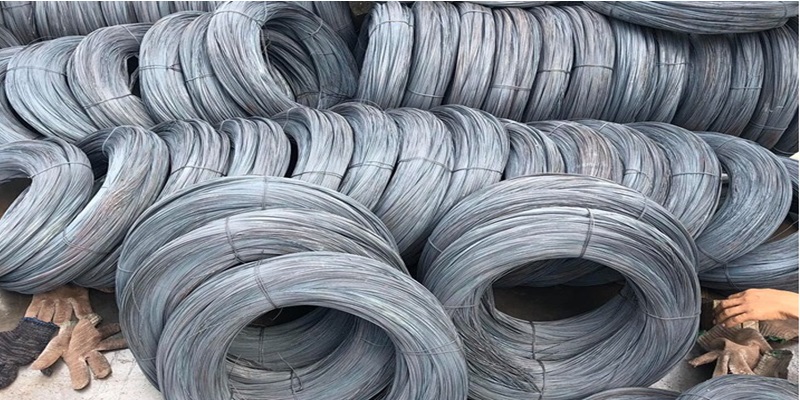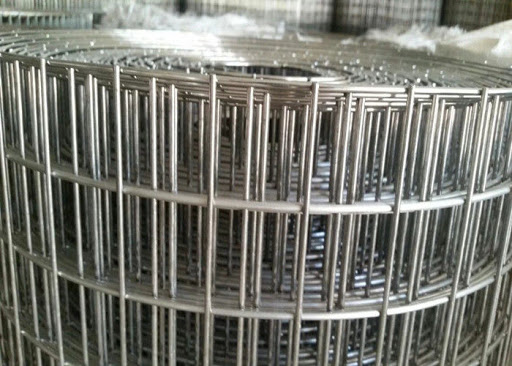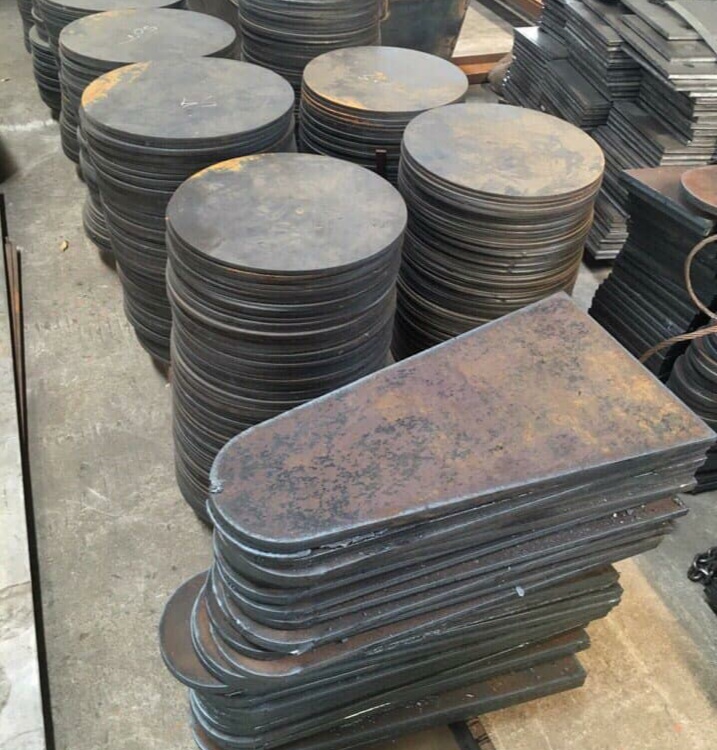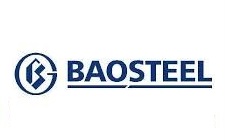Rising oil prices are headlines all over the news media. But besides oil, steel is the foundation of the modern economy. There are few commodities as important to as many industries as steel, whose prices have now reached 1,250 euros ($1,379) a tonne, from around 400 euros at the start of 2019.
Steel is a key material in everything from skyscrapers and cars to washing machines and railroads. Consider an automobile, about 60% of its weight on average is steel, according to the World Steel Association.
The Covid-19 pandemic has already caused supply chain problems. Global crude steel production in February fell by 5.7% year-on-year to 142.7 million tons, of which China's output fell 10% to 75 million tons, according to data from World Steel Association.
Now, the Russia-Ukraine conflict threatens to turn steel into a luxury good. Steel prices have surged everywhere, increasing inflationary pressures globally.
The price of rebar in Europe in mid-March rose to an all-time high, 1,140 euros/ton, 150% higher than at the end of 2019; Hot-rolled coil, another popular form of steel, has hit a record high of around 1,400 euros per tonne, up nearly 250% from before the Covid-19 pandemic. The price of hot rolled coil in Northern Europe even reached 1,435 euros ($1,583) per ton, according to weekly data of Kallanish Commodities Ltd.
Steel prices in Europe are at historic highs.
For central banks, the explosion of steel prices has also become a "headache" when inflation is too high.
Steel prices in Europe rose to a record high after Brussels prepared to ban steel imports from Russia, threatening to make supplies even more scarce, forcing traders to raise prices as they have to deal with the crisis. lost steel exports from Ukraine, after soaring energy costs have disrupted the operations of some of the continent's mills, limiting supply.
The European Union (EU) is an important market for Russian steelmakers – most of which are owned by Russian billionaires. Ukraine is usually the 5th largest supplier to Europe.
The EU has imposed sanctions on some steel exports from Russia and has targeted most of the country's oligarchs who own large factories in the Russian steel industry.
Meanwhile, the war disrupted Ukraine's steel production. European governments are likely to struggle with rising steel prices and the threat of a serious supply shortage this summer. Rebar, long and corrugated steel – used to reinforce concrete in every construction project, will likely be the steels that fall into the earliest and heaviest supply shortages.
The world's leading steel exporters.
One reason for the spike in prices is the huge size of the Russian and Ukrainian steel industries. Russia is the third largest steel exporter in the world, behind only China and Japan, while Ukraine is the eighth largest producer.
Colin Richardson, head of steel for the Argus quotation agency, calculates that Russia and Ukraine together account for about a third of the EU's steel imports, or nearly 10% of the region's domestic demand, while Russia , Belarus and Ukraine together account for about 60% of total EU steel bar imports. These countries also account for a large share of the EU plate market.
In addition, the increase in steel prices is also due to the impact of the war on energy prices and the steel industry outside Russia.
Although steel is involved in blast furnaces such as the one destroyed in Mariupol, in Europe about 40% of the steel supply comes from electric arc furnaces or small mills. Instead of using raw materials and fuels of iron and coal, small factories use huge amounts of electricity to melt scrap iron into fresh steel. Mini plants are more eco-friendly, but their Achilles heel is power consumption. And right now, Europe is short of energy.
With the conflict in Ukraine driving up gas prices, electricity prices in Europe have also skyrocketed, reaching a record high earlier this month, above 500 euros per megawatt hour, or about 10 times higher than before. when a crisis occurs. Soaring prices have forced many small factories across Europe, from Spain to Germany, to close or reduce output, only operating at full capacity at night when electricity is cheaper.
The closure of steel mills made the European market even tighter. Steel users are concerned not only about high prices but also possible shortages.
Steel executives are concerned that the upward price trend has not stopped, possibly continuing to increase by about 40% to reach around 2,000 euros/ton, before demand slows down because of high prices.
Steel industry executives in the region said that if the high electricity prices persist and many small mills in Europe close, the prospect of a shortage of rebar is real. The fact that traders scramble to buy and sell in a panic can also contribute to further price increases.
Bloomberg, Reuters
 English
English  Vietnamese
Vietnamese
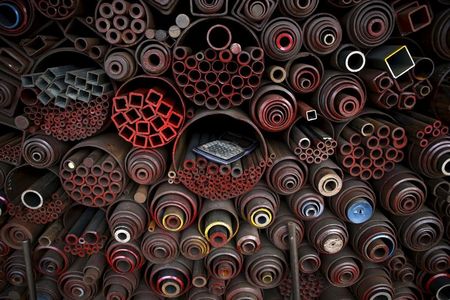
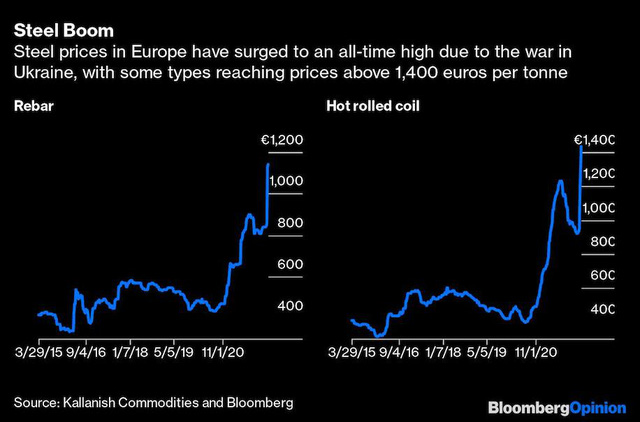
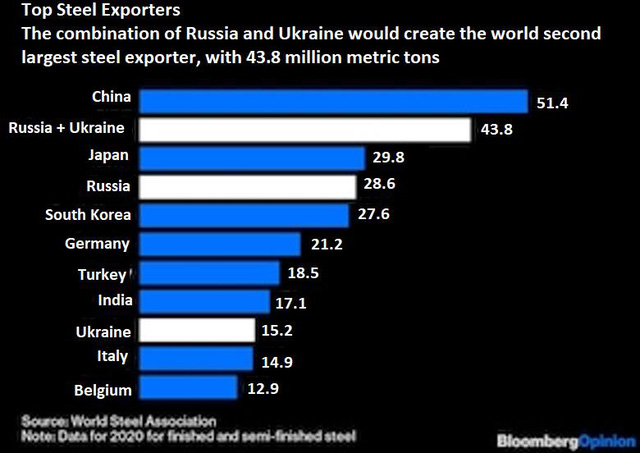


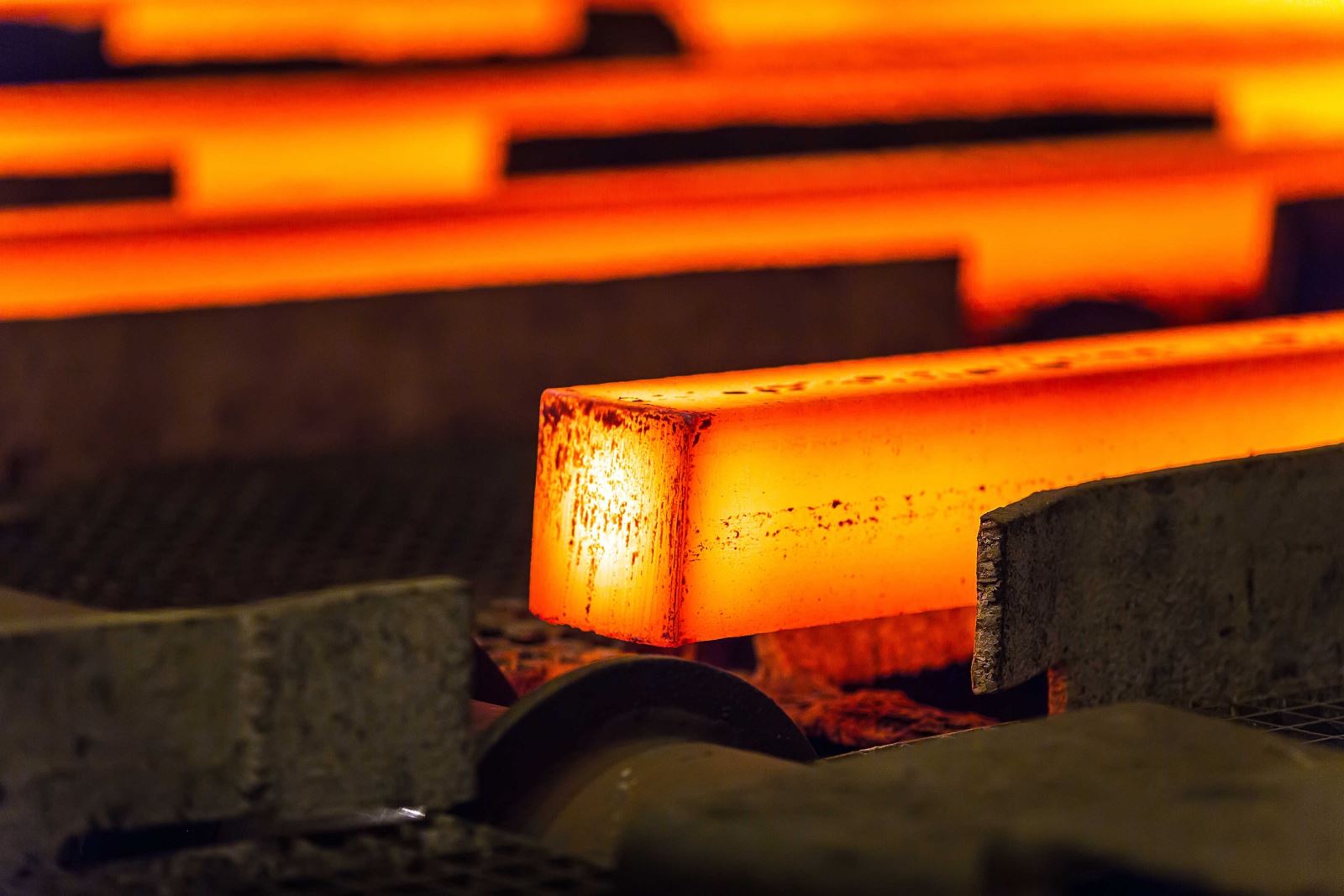
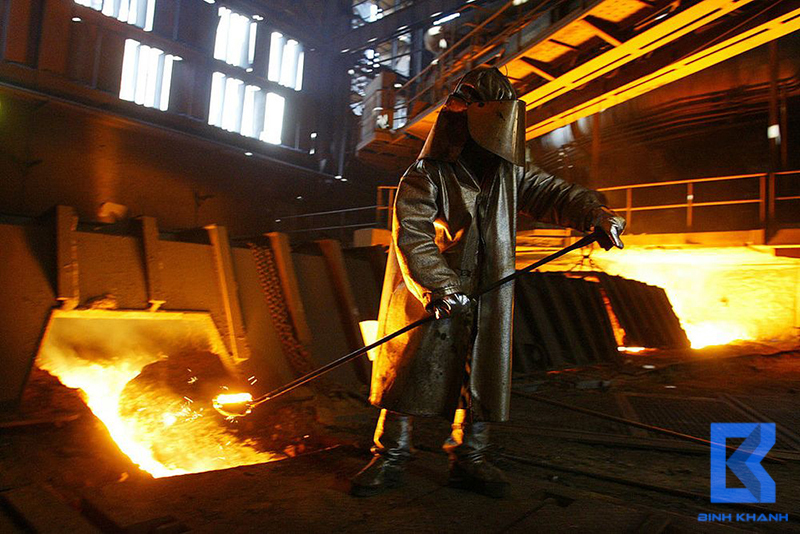

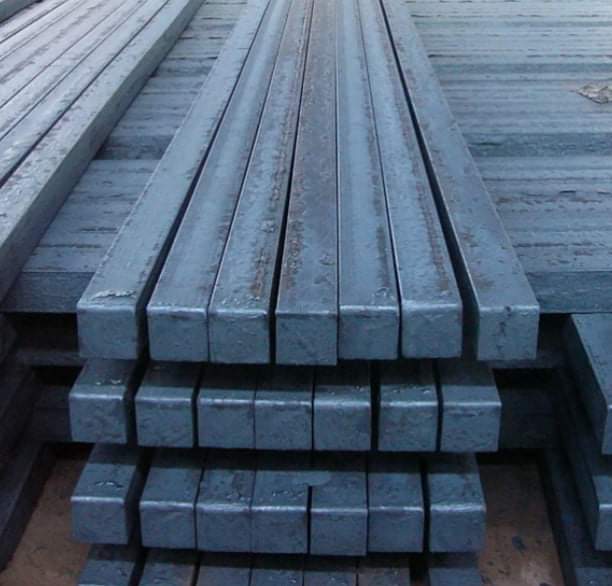

w300.jpg)
